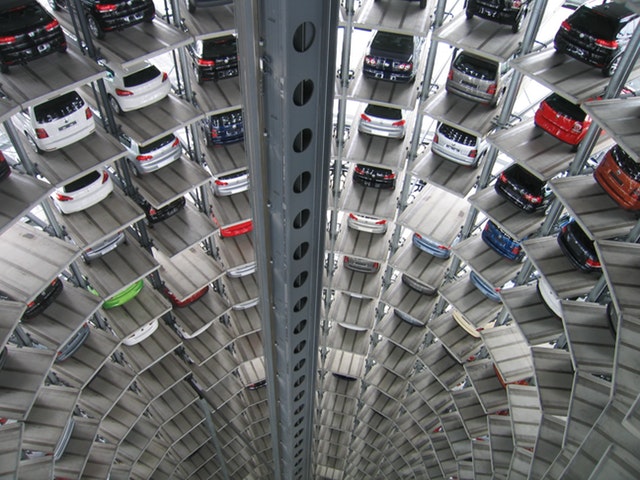Common Causes for a Check Engine Light

We all know that feeling of fear in the pit of one's stomach when the engine light suddenly flashes on in the car. Oh no, what now? And how much will it cost me are usually the first two questions. For most of us this means a trip to the mechanic, but sometimes it's an electrical error. The problem with the check engine light is it's not tied to exactly one problem in specific, so unless your car is smoking or stalls completely, there are a few tests you can run at the local auto parts store to find out what the issue may be.
The auto parts store will place a computer under your dashboard and this will read back a code stating what happened to the car. Lucky for you, several of the most common engine check issues can be resolved at home. Here are some of the common causes: an oxygen sensor has burnt out ( you have four in your car), even a loose or faulty gas cap can set off the check engine light, on a more serious level the catalytic converter may need to be replaced or the mass airflow sensor – both of which are critical. A less serious issue may be the simple need to replace spark plugs and wires, this is also relatively low cost.
The auto parts store will place a computer under your dashboard and this will read back a code stating what happened to the car. Lucky for you, several of the most common engine check issues can be resolved at home. Here are some of the common causes: an oxygen sensor has burnt out ( you have four in your car), even a loose or faulty gas cap can set off the check engine light, on a more serious level the catalytic converter may need to be replaced or the mass airflow sensor – both of which are critical. A less serious issue may be the simple need to replace spark plugs and wires, this is also relatively low cost.

